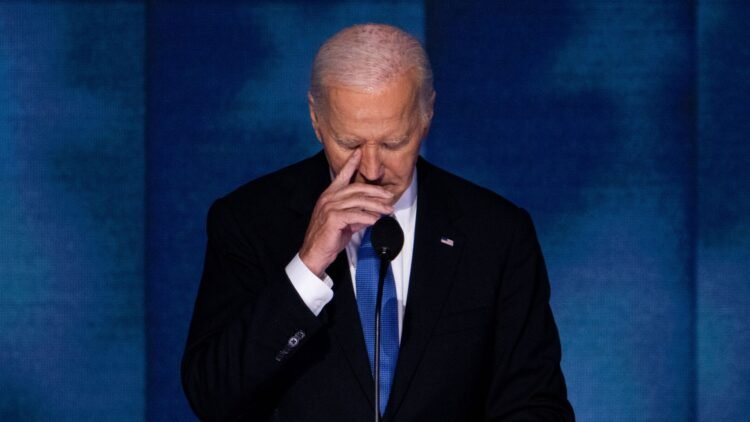President Joe Biden departs the White House with mixed emotions, concluding a five-decade career in Washington. Despite significant accomplishments during his presidency, including navigating the nation through a pandemic, rebuilding alliances, and passing landmark infrastructure investments, his term was shadowed by challenges such as inflation, immigration crises, and the chaotic Afghanistan withdrawal.
Biden’s presidency brought stability after Donald Trump’s tumultuous administration, but he leaves with frustrations about how his term unfolded. His communication challenges and decision to seek reelection drew criticism, even from allies, many of whom believe his candidacy paved the way for Trump’s return. Biden remains firm that he had more to give, despite being pushed aside by his party.
Tensions with Vice President Kamala Harris also defined Biden’s final months in office. His repeated claims that he could have defeated Trump in the election unintentionally highlighted Harris’s inability to do so, straining their partnership. Despite these tensions, Harris stood by Biden during key moments, though her focus is now on rebuilding her political future, potentially aiming for a run at the presidency in 2028 or a gubernatorial bid in California.
Biden, who leaves office as the oldest U.S. president, remains hopeful about his legacy. He believes his policies will yield benefits over time, even if the full impact isn’t yet felt. In his final speeches, he reflected on his achievements and warned against rising threats to democracy. While preparing to transition to private life, where he’ll focus on his presidential library and writing, Biden insists he won’t fade into obscurity.
Harris, meanwhile, faces a different set of decisions as she looks ahead. As she signed her White House desk, a tradition for departing leaders, she declared, “It is not my nature to go quietly into the night.” Both leaders leave Washington on diverging paths but with a shared determination to shape the future.

 English
English



























































